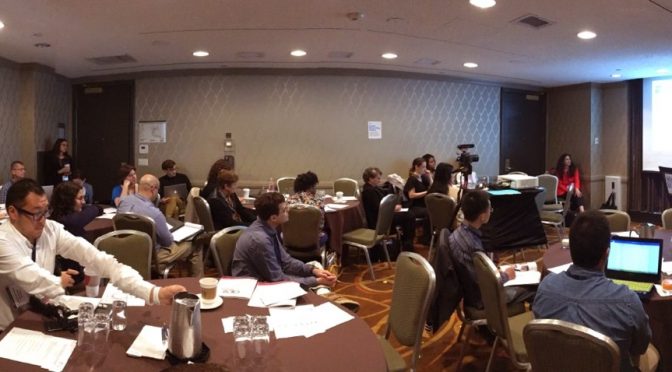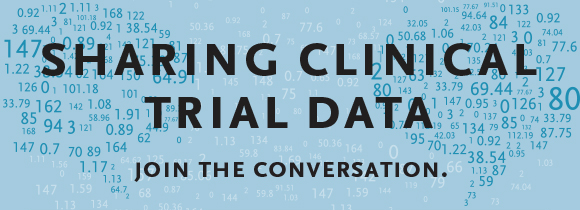
Dr. Santosh Kumar Presents: Sensor-triggered Mobile Interventions Using Mobile Sensor Data-to-Knowledge (MD2K)
Monday, September 25th, 2017
2:00-3:00pm (EST)
Santosh Kumar, Ph.D. is a Professor of Computer Science at the University of Memphis where he holds the Lilian & Morrie Moss Chair of Excellence. His research focuses on mobile health (or mHealth). He and his student have developed computational models to infer human health and behavior such as stress, conversation, smoking, craving, and cocaine use from wearable sensor data. He leads several large multidisciplinary projects in mHealth funded by National Institutes of Health (NIH), National Science Foundation (NSF), and IARPA. He currently leads NIH-funded national Center of Excellence on Mobile Sensor Data-to-Knowledge (MD2K) that involves over 20 scientists in computing, engineering, behavioral science, and medicine from 12 universities. MD2K has developed and released open- source software platforms (mCerebrum and Cerebral Cortex) to support discovery and validation of new digital mHealth biomarkers and sensor-triggered interventions. Santosh was named one of America’s “Ten Most Brilliant Scientists Under The Age of 38” by Popular Science in 2010. In 2015, he was named Tennessee’s “First Chair of Excellence in Computer Science”.




